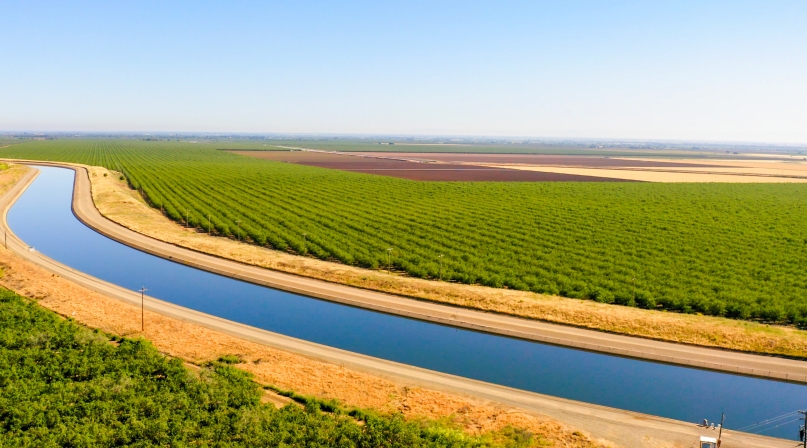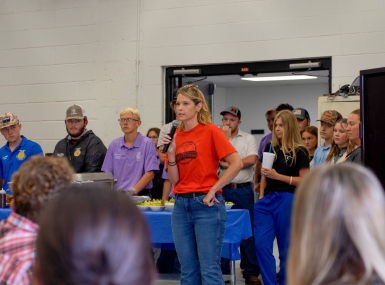Counties Applaud Passage of WRDA/EDA Package
Upcoming Events
Related News

WASHINGTON – The National Association of Counties (NACo) today applauded Congress on the passage of the Thomas R. Carper Water Resources Development Act of 2024, a bipartisan, bicameral omnibus package that will advance county interests in achieving our economic development priorities and addressing the critical water infrastructure needs facing our communities.
The legislation will reauthorize the U.S. Department of Commerce’s Economic Development Administration (EDA) for the first time in two decades, as well as the Water Resources Development Act (WRDA), the authorizing legislation for the U.S. Army Corps of Engineers.
“Since 2014, bipartisan WRDA legislation has advanced county interests related to ports, inland waterways, levees, dams, wetlands, watersheds and coastal restoration,” said NACo Executive Director Matthew Chase. “This act is a continuation of the strong intergovernmental commitment to helping counties address critical water infrastructure needs.”
Chase continued, “Also key to this legislation is congressional action to reauthorize the EDA for the first time in 20 years. Since EDA was last reauthorized, the economic challenges facing our nation have dramatically evolved, leaving counties facing increasing threats to their economic stability and prosperity. This reauthorization will help counties foster resilient and diversified economies, support American businesses, strengthen workforce development and enhance critical infrastructure.”
Key provisions of the bill include:
- Allowing EDA to make investments in high-speed broadband development, capacity building and project predevelopment activities to be listed as eligible uses, ensuring counties have the flexibility to meet the unique needs within their community.
- Expanding EDA’s role in disaster relief by establishing an EDA Office of Disaster and Recovery Relief and allowing EDA to increase the federal share to 100 percent of the project cost where a major disaster or emergency has been declared.
- Strengthening EDA’s role in building local economic development capacity, supporting project predevelopment activities at the local level and increasing the resources available for planning and technical assistance.
- Codifying a program at EDA to support the development and expansion of facilities and programs for workforce training and development activities.
- Establishing two new regional commissions to address economic development in the Mid-Atlantic and Southern New England regions, in addition to reauthorizing current regional commissions.
For more information about the EDA, click here. For WRDA, click here.
Media Contact

Jessica Hartl
Related Resources

Support Authorization of the Water Resources Development Act (WRDA)
Urge federal lawmakers to pass a Water Resources Development Act (WRDA) bill during the 118th Congress and to continue the two-year WRDA authorization cycle.






